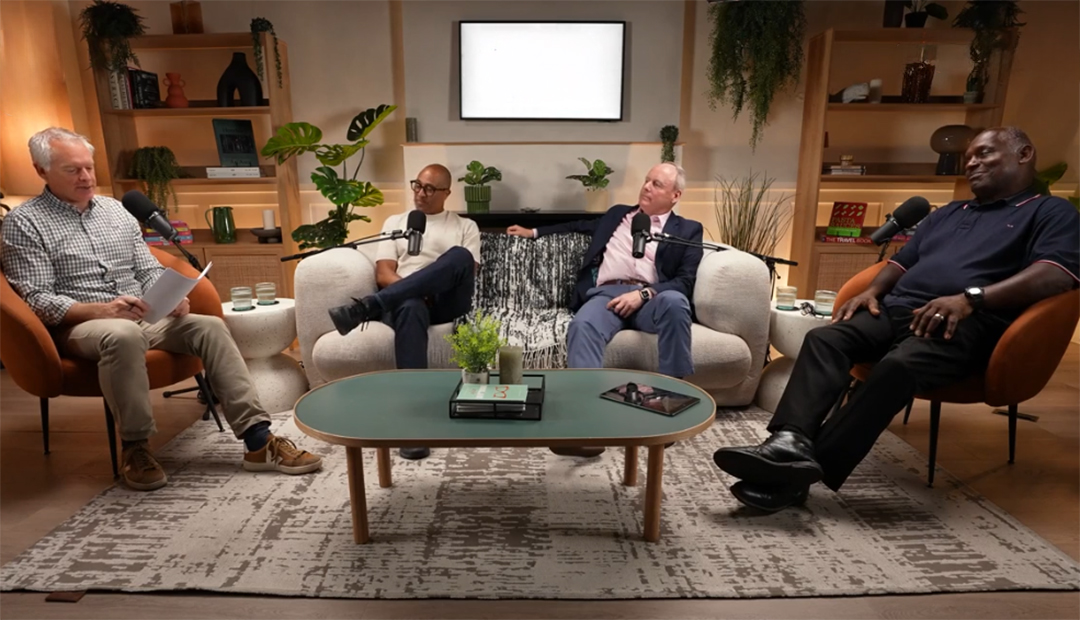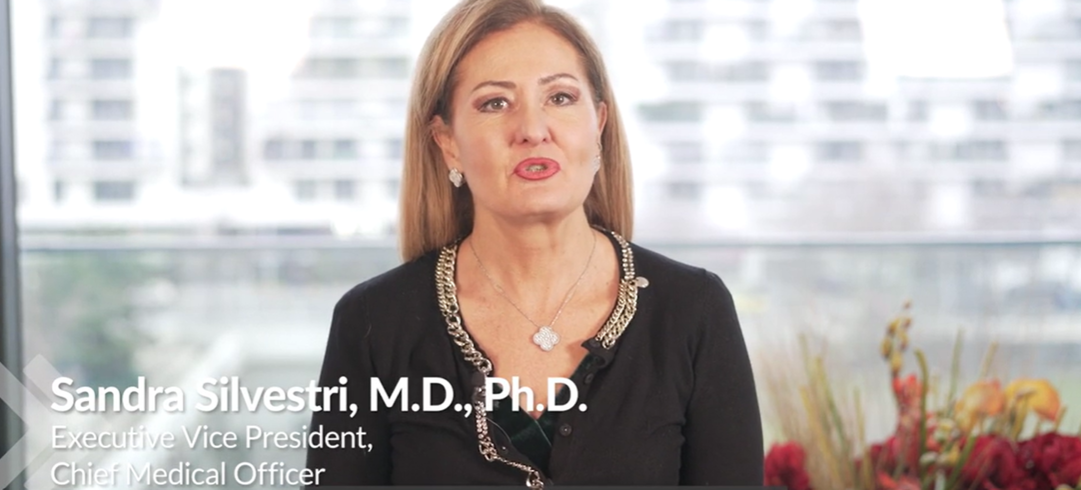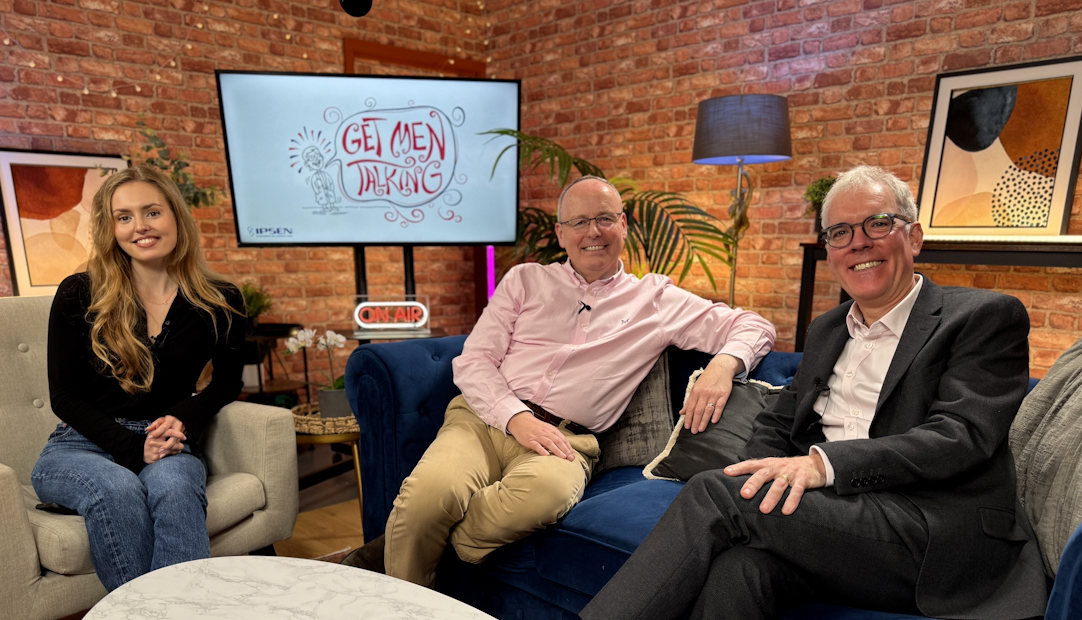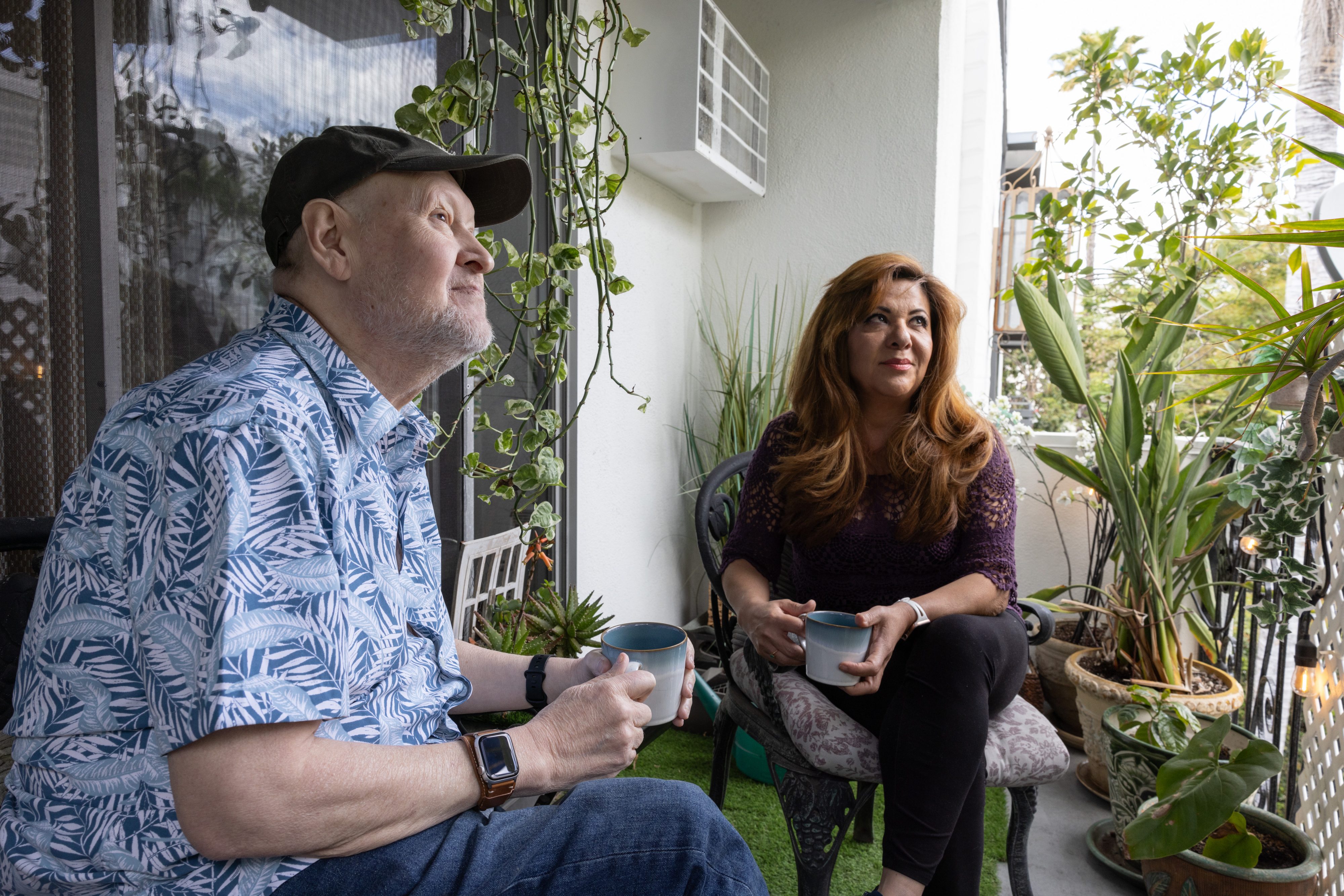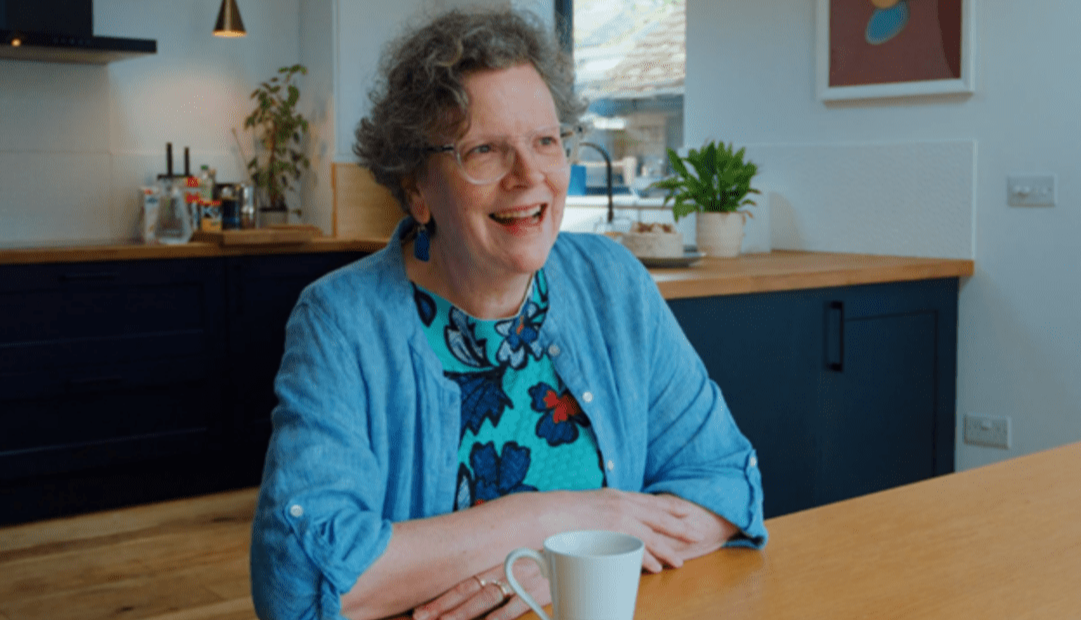Lily May’s Story: Living With a Pediatric Low-Grade Glioma
Lily May, a vibrant and determined seven-year-old, loves gymnastics and golf. Yet, like many children living with pediatric low-grade glioma (pLGG), her life has been profoundly shaped by this rare brain tumor. Although the global burden is unknown1, pLGG is a rare childhood brain tumor, with approximately 700 children diagnosed in the EU5* each year2.
For Lily May’s mother, Lianna, the journey began with unsettling signs.
After months of worry and numerous doctor visits, a diagnosis of optic pathway glioma was made. This type of pLGG, a tumor on the optic nerve, is rare, presenting in approximately 5% of all childhood brain tumors3; Lily May’s doctor even called it a “once-in-a-career find.”
The Hidden Burden of Benign Tumors
Despite their benign classification, pLGGs are progressive and can cause significant long-term damage as they continue to grow. This reality is common for many children living with pLGG.
Lily May’s tumor has led to near blindness in her left eye, limited peripheral vision and chronic fatigue. Beyond this, pLGG can cause a range of disabilities, including functional complications and neurological symptoms, often leading to developmental delays4.
The journey of managing her condition itself adds to the burden. Lily May’s early years were marked by frequent hospital appointments and medical interventions. When her tumor grew again after two-years, the cycle of intensive care continued. This constant need for medical attention meant Lianna couldn’t return to work, which had a significant impact on their family’s life.
Due to their location, many pLGGs cannot be completely surgically removed5, creating a cycle of treatment and often invasive surgeries. Managing the growth of the tumor together with significant treatment complications throughout childhood is the reality for families, impacting every aspect of children’s development and creating lifelong health issues6.Essential childhood activities such as school, sports, and important social interactions are often missed7 – Lily May’s countless hospital visits have and will continue to have a profound impact on her social life and childhood as a whole.
Psychologically, parents also bear an immense burden, with concerns about the impact of the tumor on their child’s health and well-being, together with the pressure of making critical medical decisions that could impact the future6.
Resilience Amidst Challenges
Despite these immense hurdles, children living with pLGG, like Lily May, often show remarkable resilience and are determined to live normal lives. Pursuing her passions and embracing every moment, Lily May’s drive to be like every other child is inspiring, even as she grows to understand that her illness makes her different.
Ipsen is committed to supporting the pLGG community and advancing understanding of this complex condition. We believe that all children deserve the right to a happy and healthy childhood, allowing them to continue doing what makes them happy, and thrive into adulthood.
* France, Spain, UK, Germany, Italy





